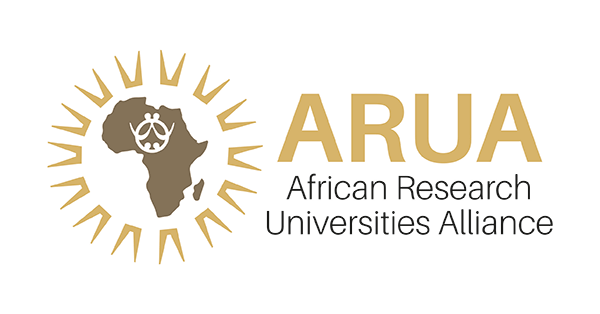Research and capacity building under this CoE will be undertaken under the following three thematic areas, to tease out the conceptual and theoretical understanding of identities:
- Empirical evidence about changes in identities from the South: Under the theme we will investigate the changes in identities with regard to location, belonging, origins and authenticity. This theme will investigate identity with regard to change, identity formation, the state governance, economy, in livelihoods, globalisation, and other social aspects of life and how they impact on what it means to be an African man or a woman. Most of the theorisation on this has been undertaken by the North (western scholarship) about the South and this has methodological implications around representations of the voices from the south but also the positionality with regard to knowledge production – who can research and represent the other. This theme could aim at generating empirical evidence about changes in identities from the South - towards a theory of identities from the south.
- Theory, Research and Advocacy Audit: Under this theme we will also audit ourselves in terms of how current we are in relation to other global actors in identities scholarship. How is the theory we teach applicable to everyday life (teaching, research and advocacy?). How do we theorise about identities and power relationships beyond mere essential differences between tribes, cultures, races, and religions to mention a few? How do we move beyond the racial profiling we see in everyday life? How do we theorise identities in ways that deconstruct taken for granted notions of identities as essential attributes inherent in a people and critiquing assumptions about power, modernity, development, the state and many more?
- African Feminist Politics: The network will in addition to the above, explore how to develop a feminist politics that is critical of patriarchy – and seeks to engage both men and women as victims and perpetrators of gender inequalities. This is an interesting theoretical angle that is noticeable in critical studies of African identities, with a focus on changes in masculinities and femininities, as social constructs and how these changes are caused by and are a product of the global changes identified in (1) above and changes in Africa as a society.

